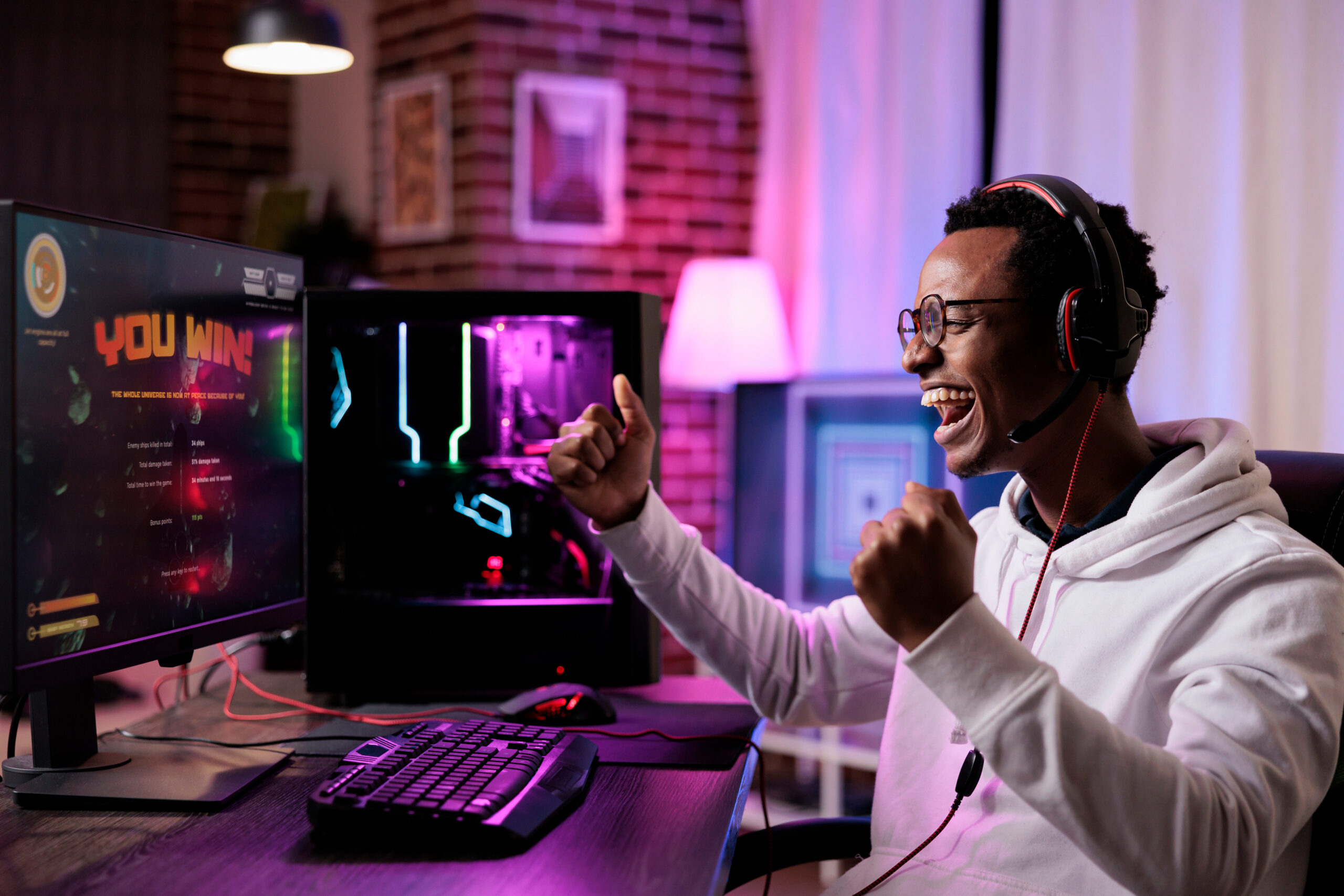The PlayStation Network Outage: A Wake-Up Call
PlayStation Network Outage Sparks Conversations on Gaming Addiction
When Sony’s PlayStation Network (PSN) suffered a prolonged outage from February 7-8, 2025, over 100 million gamers worldwide were suddenly disconnected from their favorite titles. What began as a technical failure quickly evolved into a global discussion about gaming habits, dependence, and mental health.
While mainstream coverage focused on Sony’s response and compensation plans (Forbes, TechRadar), the disruption also highlighted a deeper issue—video game addiction. As social media erupted with frustration, Google searches for terms like “video game addiction” and “gaming disorder” spiked, suggesting that for some, the outage wasn’t just an inconvenience—it was a source of genuine distress.








